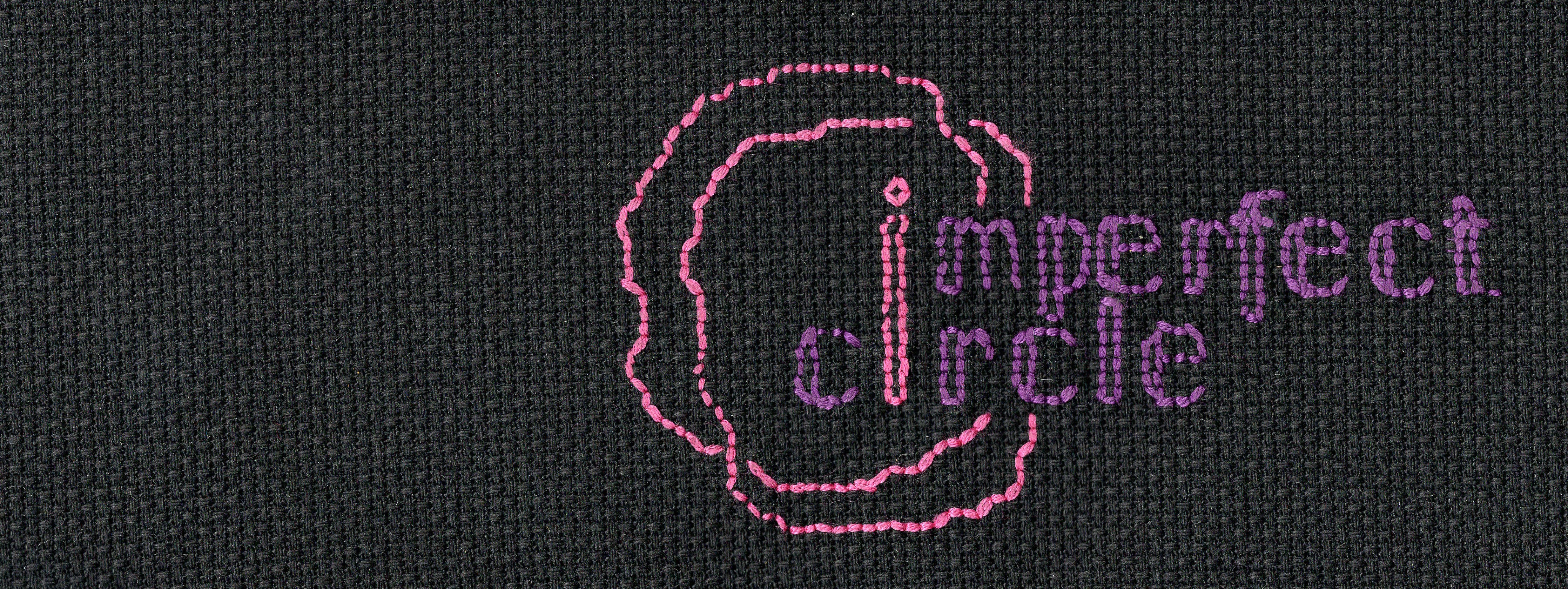
There are so many things I am afraid of right now. Some of them are big and overwhelming, others are small and uncomfortable. All of them are things I wish I could get around rather than deal with them head-on. I am afraid of the future of our world. I am afraid of hurting friends and loved ones with the wrong words, or the wrong choices. I am afraid of moving half-way across the country to a new place, where I will know very few people, and leave behind most everyone I have known and loved here. At least a couple of these things might be things you are afraid of as well. I know we can both think of so many others as well.
As I sit with these feelings while I write this, I am thinking of a sage saying of the Internet that has taken on meme-like qualities: “Do it scared”. It surprises me how much these three little words are actually helping me. “Do it scared” asks me to remember that there is more to life than whatever I am afraid of. That there are things and principles I value. That the world is bigger than even my greatest fear. That the world, and so many ways I am connected to it, is filled with Love. “Do it scared” reminds me that however great my fears are, the people, principles, and practices that I love and cherish are greater. They hold me, they have my back, and they strengthen me to trust beyond fear.
They also tell me that we must not, and need not, be brave for bravery’s own sake. Other lessons in this packet explain this. Hollow, posturing bravery will not give us the strength to face and endure the things we are afraid of. Only what we value and cherish, with Love at the center, will give us that. So I leave you with this question: “What is giving you the strength to be courageous?”
This first appeared in the May 2024 edition of First Unitarian Church of Des Moines's Connection Circles packet.
One Sunday, I must have been eleven or twelve, our parish priest told a story during his homily, where his mother shared a piece of wisdom with him: “You don’t have to like everybody, but you do have to love them.” And being of an age where I wanted to question everything (especially unsolicited advice), I rolled my eyes so hard at hearing this. “What does this even mean?” I thought. “How is liking any different from loving? Do I even have to love the people who act like they don’t love me?”
But as I’ve grown in age (and maybe wisdom) I have become so grateful for this piece of advice I heard so many years ago. This principle has particularly guided how I live in community with others. Love this church community as much as I may – or that friend group or family-member – there are so many times where our life together tries my patience, fills me with disappointment, and cracks my rose-colored glasses. I don’t always like what the people around me do, and they probably don’t like all the things I do either.
But love calls us back from dislike of one another’s behavior. Love deeper-than-like reminds me to stay present with the people in my life, to practice patience with them, and to remember our shared dignity when we call each other back into principled living – even when we annoy and disappoint each other. Annoyance and disappointment are inevitable when we spend so much time around each other. That’s OK, and very human. It’s what we do after feeling annoyed and disappointed that matters. That, I believe, is where love guides us to what’s next.
This first appeared in the April 2024 edition of First Unitarian Church of Des Moines's Connection Circles packet.
As the oldest child in my family, my parents asked me to do a lot of sharing growing up. Toys, clothes, friends, free-time – if you can name it, I probably shared it with my little brother at some point or another. This might be something your parents asked you, or you ask your own children to do. And if you were at all like me, sometimes you were more willing to share than others.
Can you guess what I hated sharing the most? Responsibility! The older I got, the more my parents and other adults expected me to be a good role-model and share the skills I knew with younger kids. They asked me to share the responsibility of caring for our little community. My family shared responsibility with me, and later I shared that same responsibility with others. I didn’t like it at first, but the older I got the more satisfaction I found in sharing what I had. When we practice generosity, with whatever we have, we start thinking a little less about ourselves, and a little more about the world we want to live in, and the people we want to live with. Does this remind you of our theme from last month?
This first appeared in the March 2024 edition of First Unitarian Church of Des Moines's Connection Circles packet.